
Shocking Cancer Diagnosis at 44 Raises Alarms About a Popular Daily Sandwich Ingredient
Shocking Cancer Diagnosis at 44 Raises Alarms About a Popular Daily Sandwich Ingredient
There was a heavy, stunned silence between my husband and me as we drove away from the hospital. The date—November 7, 2019—is forever etched in my memory. My life from that point forward would be split into two parts: before bowel cancer, and after.
Only moments earlier, I had sat in a sterile office, head in my hands, as a sharply dressed gastrointestinal surgeon confirmed my worst fears. The large mass in my colon, discovered just days earlier, was indeed cancerous. Even more devastating was the news that it had spread to my liver.
“I’m afraid this means it’s stage four bowel cancer,” he said gently. “But… it’s treatable, I think.” He seemed to be trying to soften the blow for the weekend ahead. I would later learn that some people do beat stage four. Some are even cured. But in that moment, I could only think: Is this how my story ends?
It was early November. Christmas was just weeks away. Would it be my last? How would I tell the kids—just nine and eleven at the time?
As we drove home to Melbourne, I turned to Google in desperation. “What causes bowel cancer?” I typed furiously.
The search results listed several risk factors: being over 50? No. Overweight? A little, like many mums, but not obese. Smoker? Never. Family history? None. Poor diet? Hardly—I ate a high-fiber, plant-rich diet with fruits, veggies, legumes, and oats.
Did I drink? Occasionally—a glass or two of pinot noir on Friday nights. I checked box after box, yet nothing made sense.
So why me? Why at 44?
“What the hell!” I suddenly exclaimed, breaking the silence.
My curiosity spiraled. I started digging deeper. That’s when I came across research linking regular consumption of red and processed meats—like bacon, sausages, salami, and ham—with an increased risk of bowel cancer.
Of course, I’d heard vague warnings over the years. But I’d never considered the risk as something relevant to me, especially as someone still young and relatively health-conscious.
I told myself I didn’t eat that much processed meat. I preferred salmon, cheese, or chicken. But as I thought more about it, I realized the truth was more complicated.
I thought about weekend brunches with bacon. Adding bits of it to soups. The glazed gammon I’d prepare every Christmas Eve—something that reminded me of home in Hampshire. Then there were quick lunches with supermarket sausages wrapped in white bread, or cold cuts when I was short on time.
Could those habits—seemingly harmless and occasional—have contributed to my cancer?
I’ll never know for sure. But the idea that I might have unknowingly caused my own suffering, and the pain of my family, was unbearable.
I turned to the research—and what I found outraged me.
One major study tracking nearly half a million people found that those who consumed high amounts of processed meat faced a significantly increased risk of early death, especially from cardiovascular disease and cancer.
Even more shocking: in 2015, the World Health Organization officially classified processed meat as a Group 1 carcinogen—the same category as tobacco and asbestos. According to WHO, eating just 50 grams a day (about two slices of ham or a couple of rashers of bacon) raises the risk of bowel cancer by 18%.
Cancer Research UK estimates that 13% of the 44,000 annual bowel cancer cases in Britain are linked to processed meats. What’s worse: bowel cancer among people aged 25 to 49 has surged by nearly 50% since the early 1990s. Yet bacon sandwiches remain a beloved national staple.
The Hidden Dangers of Processed Meats
Processed meats have long been preserved with salt, but in recent decades, manufacturers have turned to synthetic chemicals—especially sodium nitrite—to extend shelf life, preserve color, and prevent bacterial growth.
Sodium nitrite is cheap and effective. That’s why your packet of bacon or salami might last up to eight weeks in the fridge.
But what isn’t widely known is that sodium nitrite is also used in antifreeze, corrosion inhibitors, pesticides, and even some drugs and dyes. Though not directly carcinogenic in its pure form, nitrites can transform into cancer-causing compounds—nitrosamines—when combined with proteins in meat during digestion.
Nitrosamines damage DNA, mutate cells, and increase cancer risk—particularly in the colon.
Despite the danger, most meat producers continue using nitrites because the alternatives aren’t as convenient. Without them, processed meats would lose their pink color, spoil faster, and be harder to transport and store.
Post-Diagnosis and a Life-Saving Transplant
After my diagnosis, I went through an exhausting journey of treatments: radiation, chemotherapy, and four surgeries. Yet every follow-up scan seemed to bring more bad news—the cancer kept returning.
In early 2024, I was offered a liver transplant—an experimental option for some advanced colon cancer patients. It was risky, but it was my only chance.
I waited six nerve-wracking months, always ready for the call. Then one warm evening, it came. A liver was being flown in from another state. A grieving family’s loss would become my salvation.
Eight hours later, I was wheeled into surgery. When I woke up—still on a ventilator—the doctors told me it had gone well. My body had accepted the new liver. The cancer was gone.
I placed my hands on my incision and silently thanked my donor and their family.
The recovery was slow and filled with complications, but I survived.
A New Life—and a New Mission
Today, I’m grateful to be alive and cancer-free. But I can no longer bear the sight or smell of processed meat—it reminds me of pain, fear, and loss.
My husband and kids no longer eat it either. At first, they protested—especially over missing their beloved pepperoni pizza. But when I explained that pepperoni increases cancer risk, the complaints stopped.
It’s encouraging to see nitrite-free options, like Finnebrogue’s Naked Bacon in the UK, becoming more available. But these products still represent a tiny fraction of the market.
The truth is, meat companies have no financial incentive to stop using nitrites. That’s why governments must step in—with warning labels, public education, and stricter regulations.
Consumers can also help—by reducing their intake of processed meats and demanding safer alternatives. Just like free-range eggs once seemed niche but are now standard, nitrate-free meats can become the norm if we push for it.
I’m one of the lucky ones. But thousands die each year from bowel cancer—and many of those deaths are preventable. It's time we take this seriously. Because the cost of ignoring it is just too high.
News in the same category


Age 40 Is a Critical Turning Point for Longevity: 4 Sleep-Related Signs That May Indicate Shorter Lifespan and Health Risks
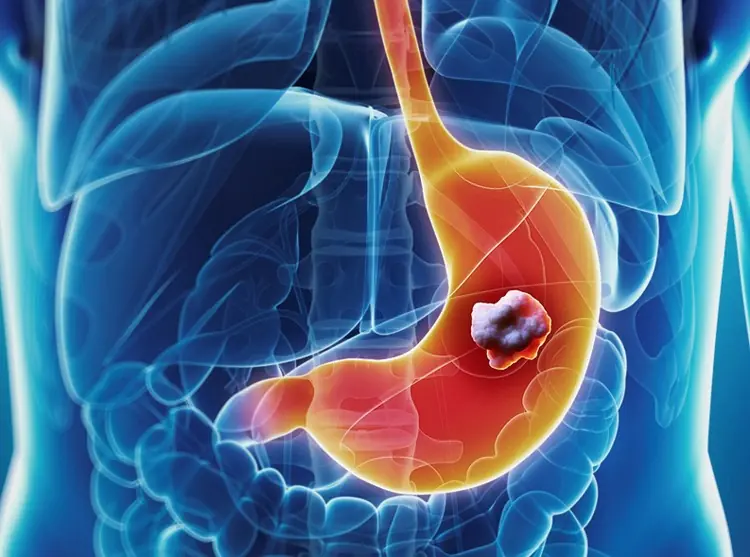
7 Early Signs of Stomach Cancer Everyone Should Know to Prevent Metastasis

🧠 How Your Brain Today Reflects Your Habits from Two Weeks Ago

💤 The Science of Dreaming: Why Do We Dream?

Too Much Salt May Lead to Depression, New Study Suggests

New Study Reveals: Memory May Be Stored in Cells Beyond the Brain
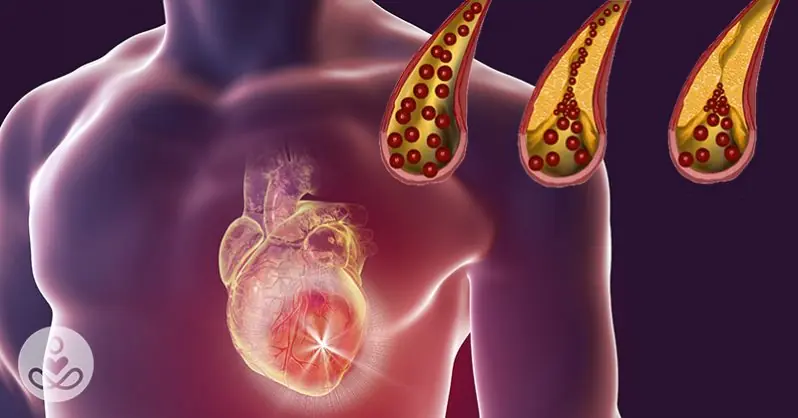
10 Foods You Should Eat Daily to Keep Your Arteries Clean

The Sleep Position That Could Be Quietly Damaging Your Health, According to Experts
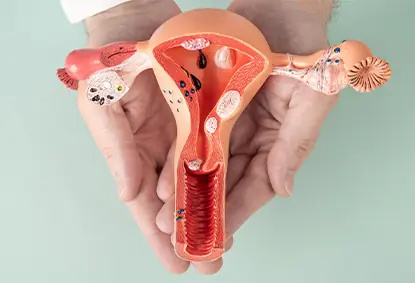
Understanding Uterine Fibroids: Causes, Symptoms, and Treatment Options
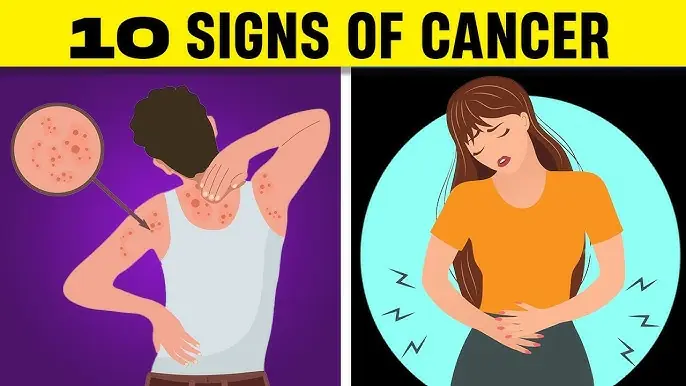
Is Your Body Trying to Tell You Something? 15 Early Signs of Cancer

If You Suddenly Wake Up Between 3:07 and 3:15 AM, You Should Be Extra Cautious
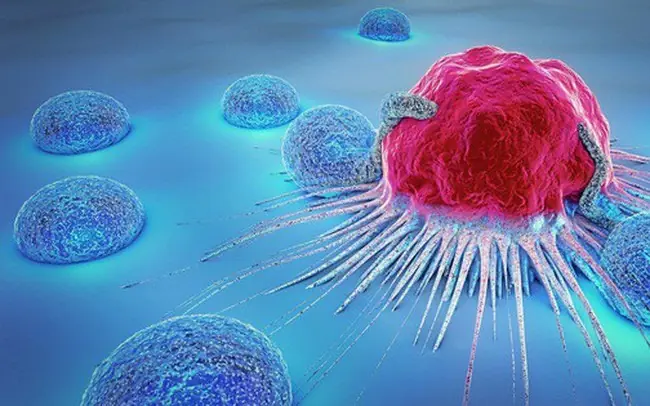
Discovery of a Drink That Helps “Push Back” Cancer: It's Not Tea or Coffee

One Year Before Death: The Body Often Shows 5 Warning Signs!
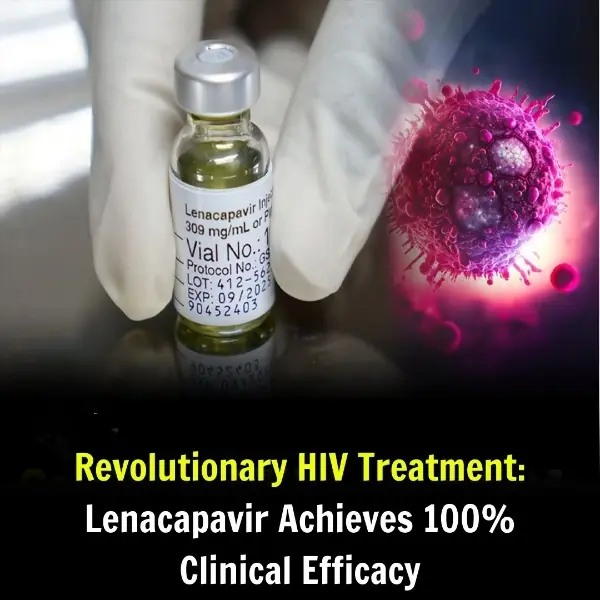
Revolutionary HIV Treatment: Lenacapavir Achieves 100% Clinical Efficacy
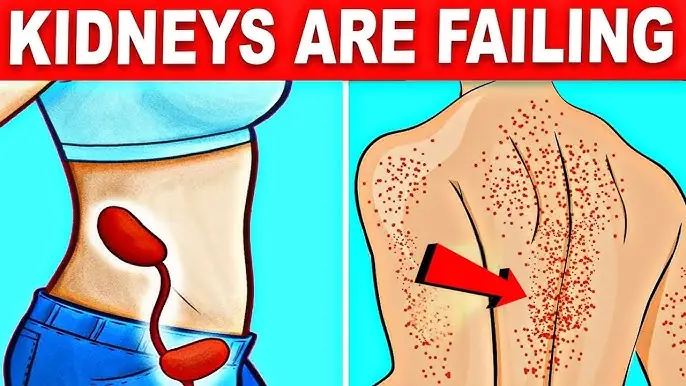
10 Warning Signs Your Kidneys May Be in Trouble
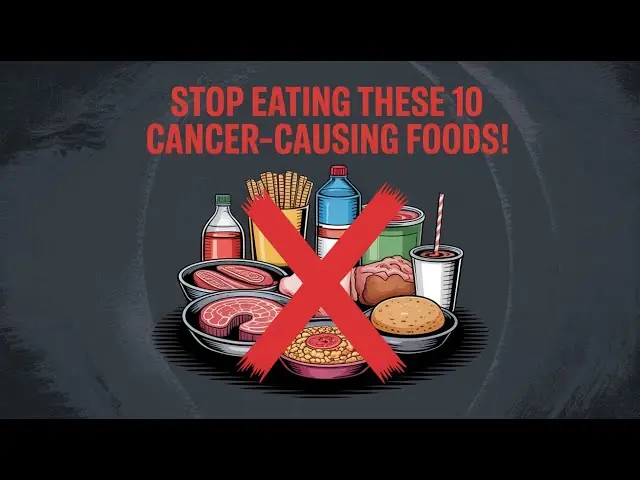
10 Foods Linked to Cancer You Should Avoid

How to Reduce Age Spots: Causes, Treatments, and Prevention
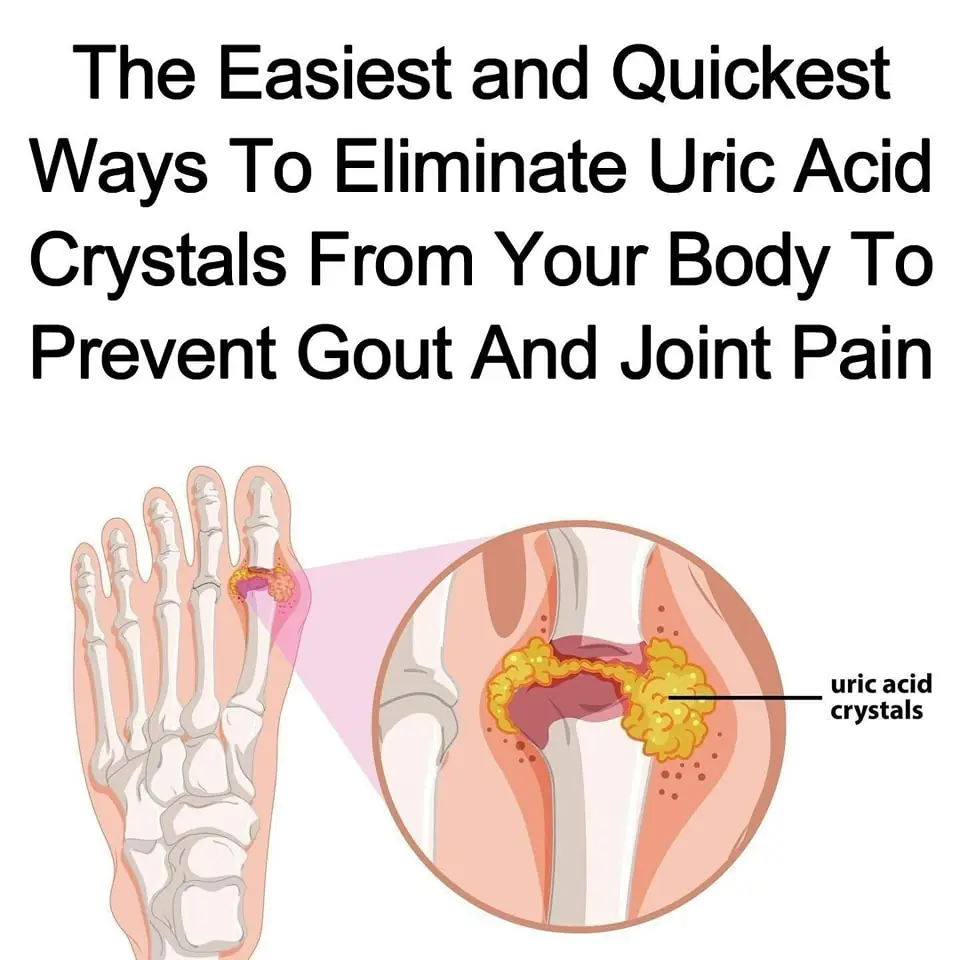
How to help naturally relieve gout and joint pain
News Post

My Entitled SIL Erased Us from Her Wedding – I Didn't Let Her Get Away with It
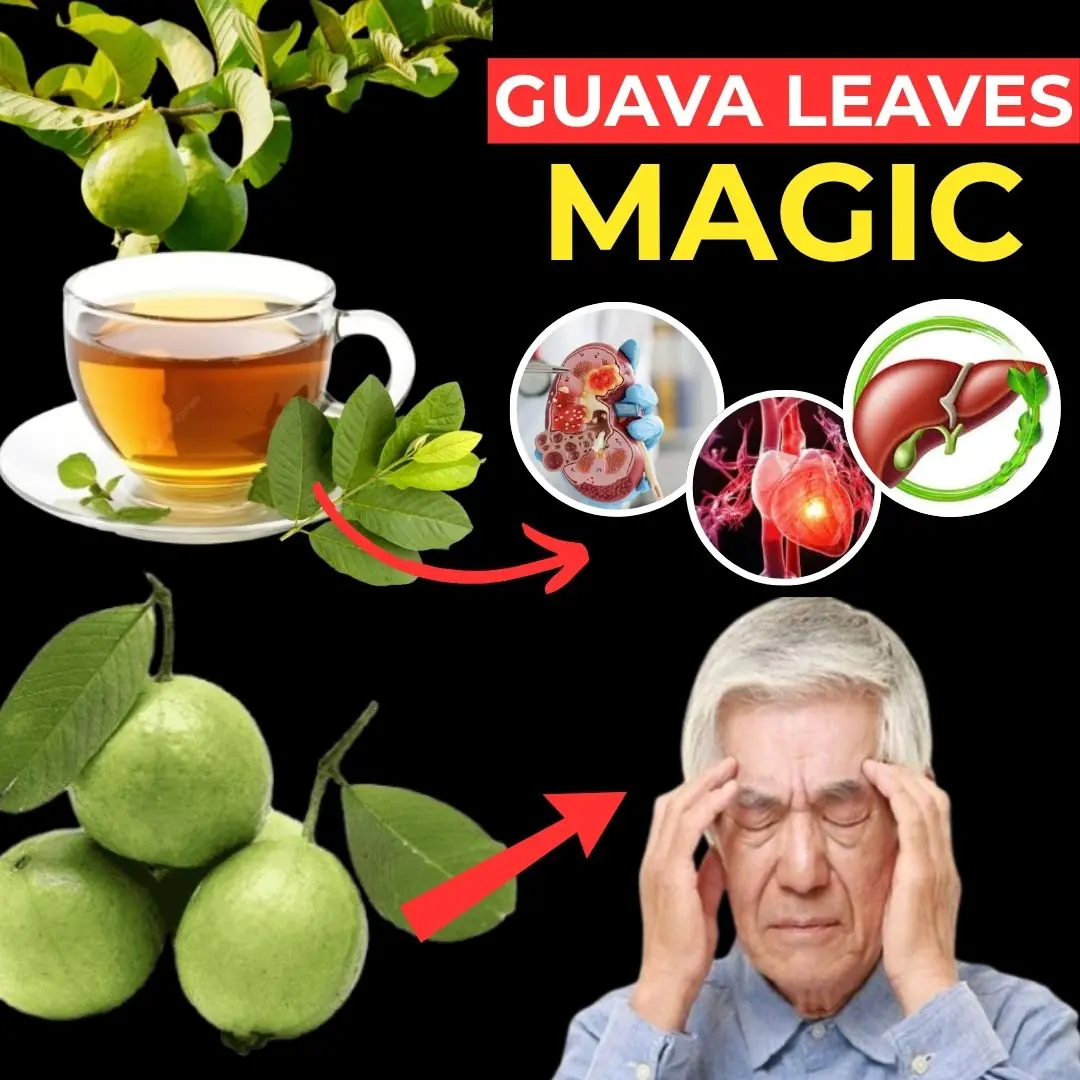
Incredible Benefits of Guava Leaves | 11 Reasons To Drink Guava Leaf Tea Daily

My Sister Hijacked My Wedding for Her Pregnancy Announcement – I Waited Until Her Gender Reveal & Got the Last Laugh

My Pregnant Sister-in-Law Turned Me into Her Maid – I Played Her Game Until She Crossed the Line

11 Natural Ways to Whiten Your Teeth Using Everyday Ingredients

I Was Cleaning out After My Divorce and Tossing Old Documents Into the Fire When One Letter Stopped Me Cold

I Cut My Niece Off from the College Fund After I Overheard Her Conversation with My Ex-wife
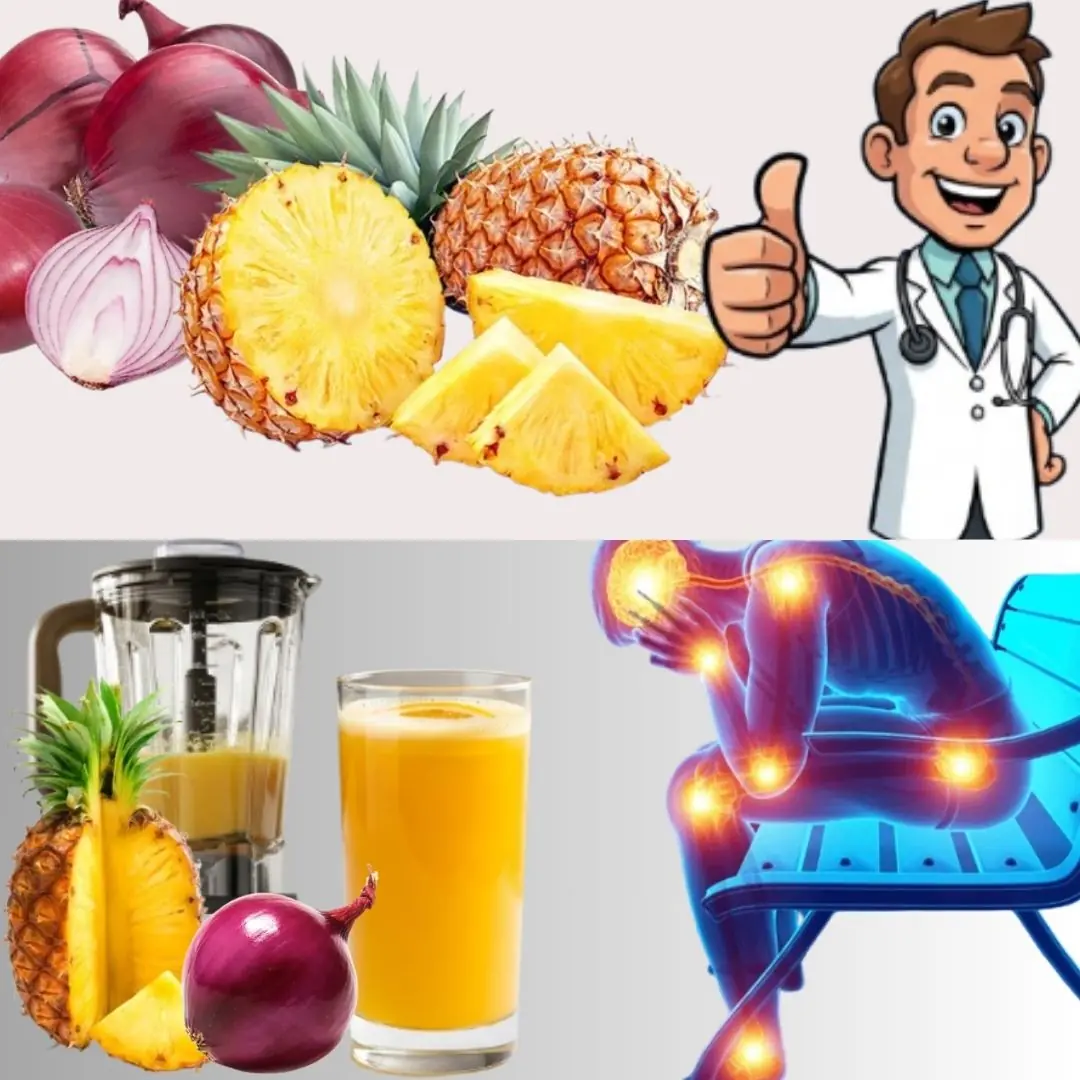
🥤15 Surprising Benefits of the Juice You’ve Never Tried – Onion, Pineapple & Honey
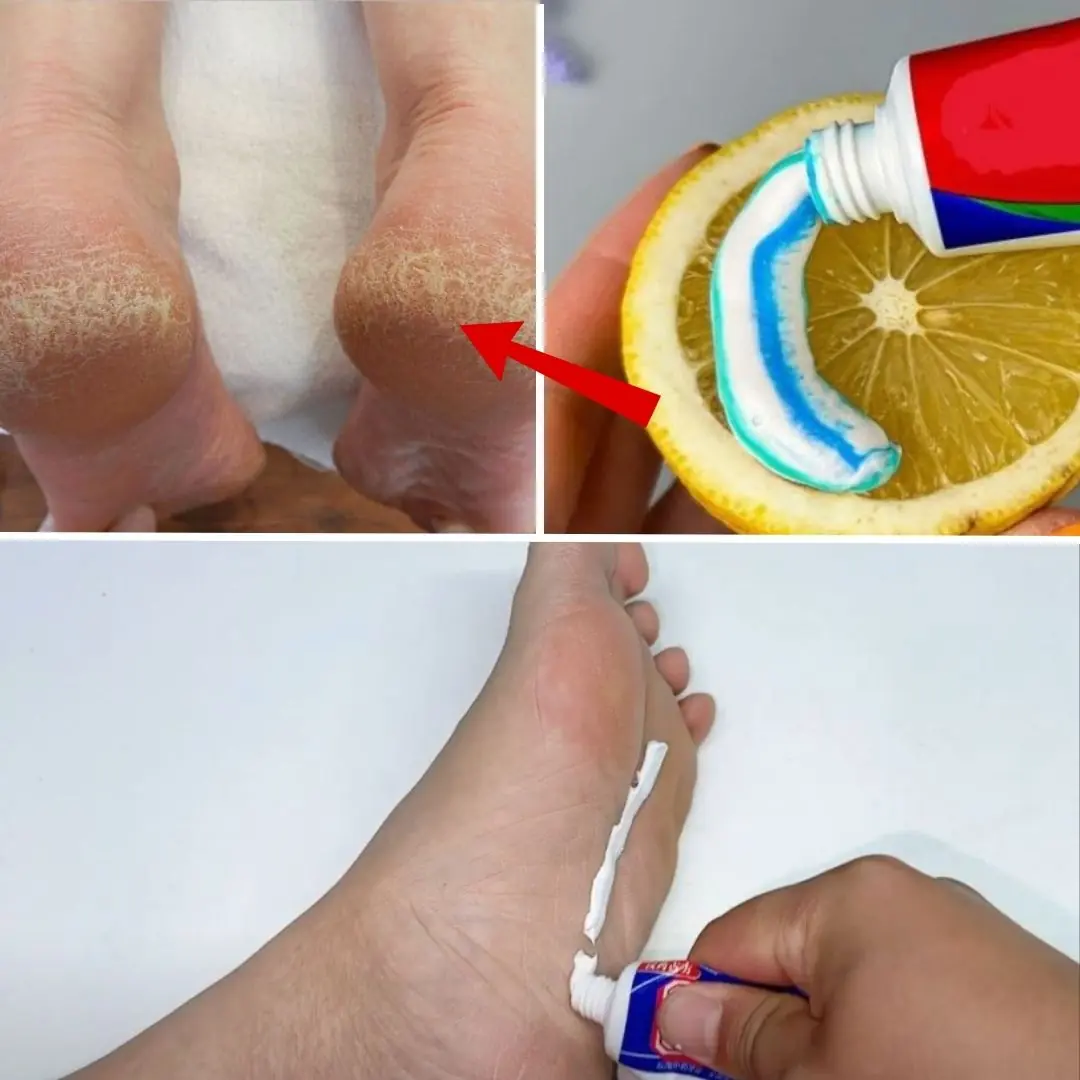
Toothpaste: The Secret to Happy Feet!

This Ancient Chinese Drink May Help Regulate Blood Sugar, Improve Circulation, and Reduce Inflammation—Naturally!

8 Reasons to Drink Ginger Tea Daily (An Impressive Healing Remedy)

Surprising Link: Marriage May Increase Dementia Risk, New Study Finds

Birds May Use Quantum Reactions to Navigate Across the Globe

She forgot to tell her husband she was coming home. When she entered the apartment, she nearly collapsed from what she saw.

Humpback Whales Are Gathering in Giant Super-Pods—Here’s What Scientists Think It Means

Valya found out by accident that her husband had another woman — she went to the dry cleaner to pick up his suit, and along with the suit, they handed her a huge colorful dress.

Store Owner’s Daughter Kicked Me Out for No Reason — Then Her Mom Walked In and Left Me Speechless

MY SON SMILED RIGHT BEFORE SURGERY—BUT SOMEHOW HE MADE ME STEP OUT OF THE ROOM

An orphaned woman adopted a dark-skinned boy—and 20 years later discovered his shocking secret!
